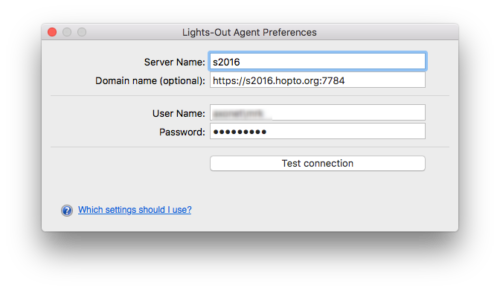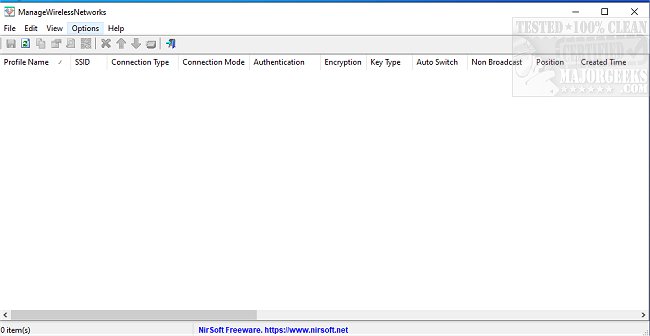

For more information on supported file systems, see Storage sample attributes. For typical CPU, memory, and disk usage, see our page on agent performance overhead. The infrastructure agent is fairly lightweight. We support Docker versions 1.12 or higher. The infrastructure agent instruments Docker containers when installed on the host server. If your system needs a proxy to connect to these domains, use the proxy setting.

In order to report data to New Relic, our infrastructure agent must have outbound access to certain domains and ports. It's available in the official repositories of your distribution.
 macOS: The agent can be installed from any user account.įor agent versions 1.1.19 or higher, you need the libcap library in order to install Infrastructure. Windows: The agent must be installed from an Administrator account and requires Administrator privileges to run. You can also select privileged or unprivileged run modes. Linux: By default, the agent runs and installs as root. The infrastructure agent requires these permissions: Servers named localhost are not reported because this is a default name and inherently non-unique. You can use the optional display_name setting to override the default hostname. To avoid inaccurate metrics from combining multiple servers under a single hostname, make sure that each monitored server has a unique hostname. The infrastructure agent uses the hostname to uniquely identify each server. For ECS clusters, deploy the ECS integration. On EKS, install the Kubernetes integration. When running EC2 instances, use the containerized agent. You can also monitor Amazon BottleRocket workloads:
macOS: The agent can be installed from any user account.įor agent versions 1.1.19 or higher, you need the libcap library in order to install Infrastructure. Windows: The agent must be installed from an Administrator account and requires Administrator privileges to run. You can also select privileged or unprivileged run modes. Linux: By default, the agent runs and installs as root. The infrastructure agent requires these permissions: Servers named localhost are not reported because this is a default name and inherently non-unique. You can use the optional display_name setting to override the default hostname. To avoid inaccurate metrics from combining multiple servers under a single hostname, make sure that each monitored server has a unique hostname. The infrastructure agent uses the hostname to uniquely identify each server. For ECS clusters, deploy the ECS integration. On EKS, install the Kubernetes integration. When running EC2 instances, use the containerized agent. You can also monitor Amazon BottleRocket workloads:







 0 kommentar(er)
0 kommentar(er)
